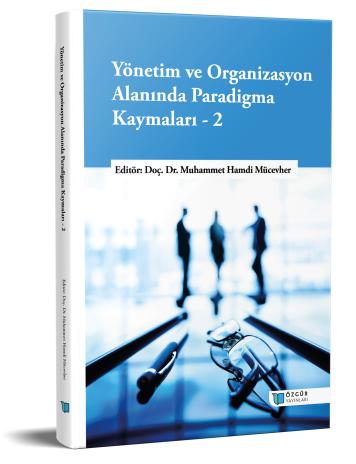
From Quality to Excellence: The Evolution of a Managerial Paradigm
Chapter from the book:
Mücevher,
M.
H.
(ed.)
2025.
Paradigm Shifts in Management and Organization - 2.
Synopsis
With the advent of the Industrial Revolution, the production-oriented management approach viewed quality as a limited activity confined solely to the inspection of final products. However, over time, the rise in customer expectations, the globalization of competition, and the evolution of efficiency-focused approaches have led to profound transformations in quality management. This chapter examines the transition from the traditional quality control approach to the concept of total quality and ultimately to the paradigm of Total Quality Management (TQM), along with the integral concept of excellence within this process.
Quality control is a reactive process aimed at detecting defects, whereas total quality and TQM offer a preventive and comprehensive approach by embedding quality across all organizational processes. The core principles of TQM include customer orientation, continuous improvement, process management, and participative leadership. These principles aim to transform organizational culture and position quality as a strategic objective.
This chapter also discusses the concept of excellence and explores the EFQM Excellence Model. These models demonstrate how quality management has become a strategic tool in achieving organizational sustainability and competitive advantage. Ultimately, from a modern perspective, the chapter highlights how new management paradigms—centered on digitalization and sustainability—have influenced the evolution of quality management and redefined the concept of quality.

